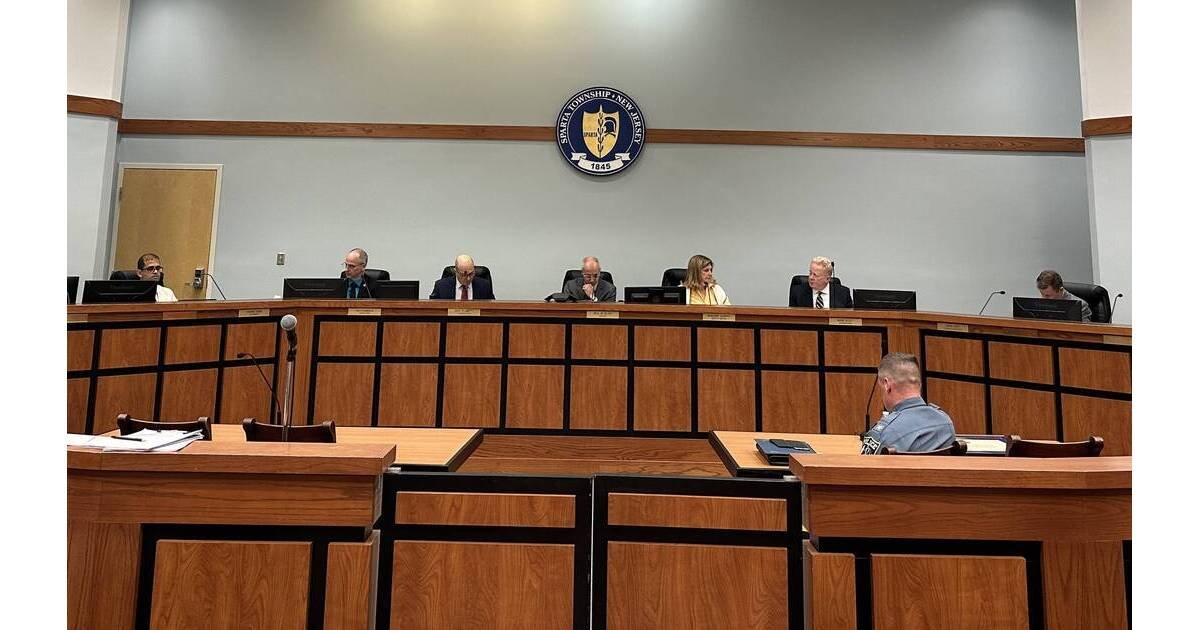A Texas appellate court has suspended the enforcement of a marijuana depenalization ordinance passed by voters in San Marcos, a city with a population of 72,000. In the 2022 election, 81% of voters supported the measure, which aimed to limit local police from arresting or citing individuals for Class A or Class B marijuana misdemeanors, effectively decriminalizing minor possession.
This decision follows a lawsuit filed in February 2024 by Republican Attorney General Ken Paxton, targeting San Marcos and four other cities that had approved similar ordinances. Paxton asserted, ‘I will not stand idly by as cities run by pro-crime extremists deliberately violate Texas law and promote the use of illicit drugs that harm our communities.’ He had previously initiated legal action against Dallas in December 2023 for its ordinance.
The Fifteenth Court of Appeals overturned a lower court ruling that had favored San Marcos, siding with Paxton’s interpretation of state law. The court concluded that Section 370.003 of the Local Government Code prohibits local governments from obstructing the enforcement of drug laws. This ruling mandates that San Marcos cannot implement a policy that restricts police powers regarding drug-related offenses.
As a result, San Marcos police are expected to resume issuing citations and making arrests for minor marijuana offenses, a practice they had suspended after the ordinance was enacted. The suspension of the ordinance will bring about a return to the previous enforcement practices, which had seen an estimated 219,000 marijuana-related arrests in Texas between 2017 and 2021, with 97% of those arrests being for possession.
Paul Armentano, Deputy Director of NORML, criticized the Attorney General’s actions as part of a broader pattern among elected officials in various states, including Mississippi, Nebraska, and South Dakota, who have sought to overturn marijuana-related election results they oppose. He stated, ‘Whether or not one personally supports or opposes cannabis legalization, these cynical and undemocratic tactics ought to be a cause of deep concern.’
In Texas, marijuana possession of two ounces or less is classified as a criminal misdemeanor, punishable by up to 180 days in jail and a $2,000 fine. The recent legal developments have prompted caution among other Texas cities. For instance, city council members in Bastrop and Lockhart have opted not to implement voter-approved depenalization ordinances due to concerns over potential legal repercussions.
The ongoing legal battles over marijuana depenalization reflect the contentious nature of cannabis legislation in Texas and highlight the challenges faced by local governments attempting to enact reforms amidst state-level opposition.

